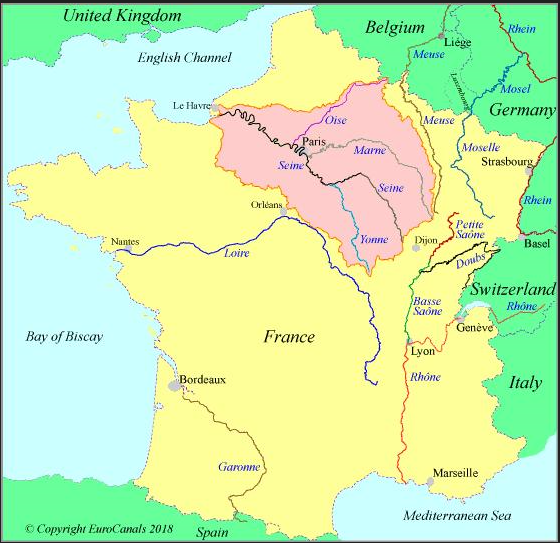How Paris Uses the Seine River to Cool the Louvre & Other Landmarks

Innovative Cooling System:
Since 1991, Paris has used water from the Seine River to cool 800+ buildings, including the Louvre Museum, via a 110-km underground pipe network—the largest in Europe.
How It Works:
Reverse district heating: Chilled Seine water absorbs heat from buildings and returns cooler, avoiding energy-intensive AC.
Eco-friendly: Reduces electricity use, chemical waste, and CO₂ emissions vs. traditional air conditioning.
Global Precedents:
Similar systems exist (e.g., UN HQ in New York since the 1950s), but Paris has expanded its network to combat worsening heatwaves.
Benefits:
No hot air exhaust: Unlike AC, it doesn’t worsen urban heat islands.
Scalable: Managed by Fraicheur de Paris (also operates in Barcelona, Singapore, Dubai).
Climate Adaptation:
With rising summer temperatures, such systems offer a sustainable urban cooling solution.
